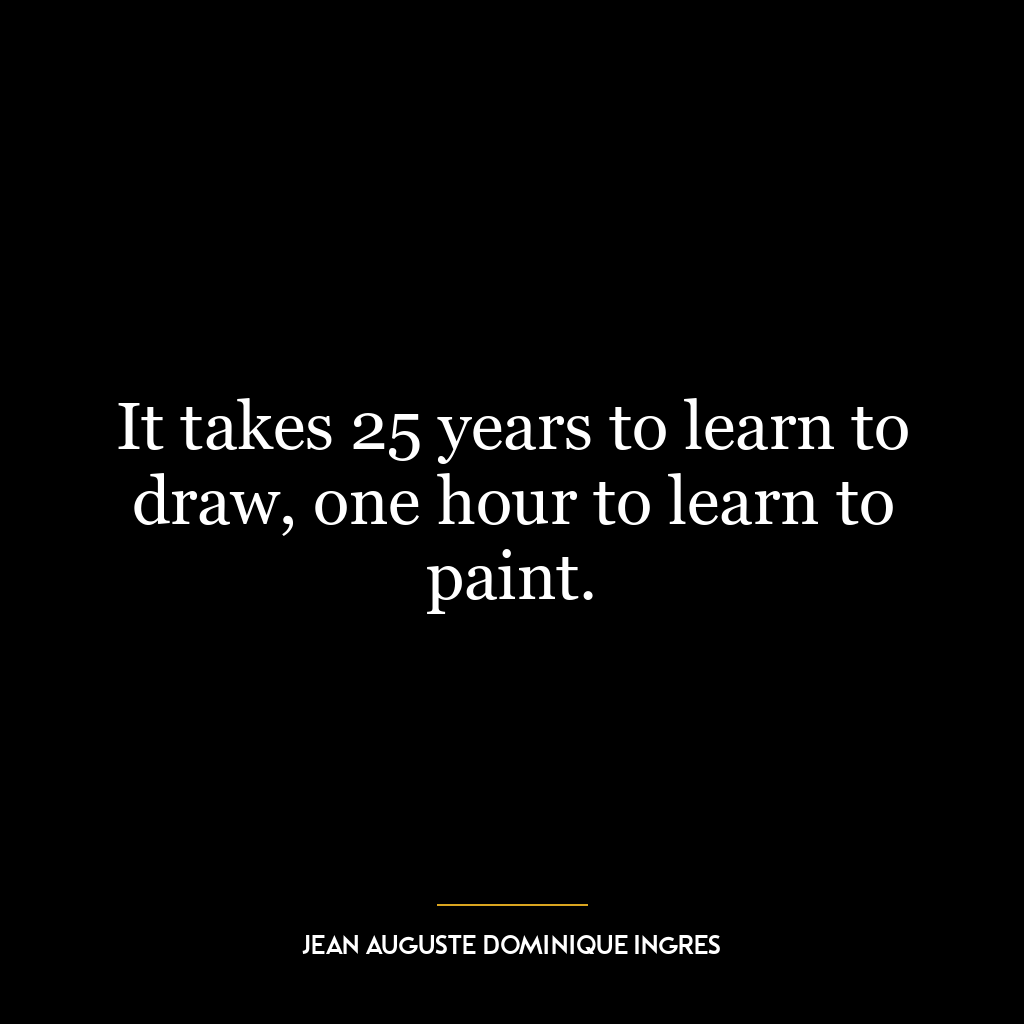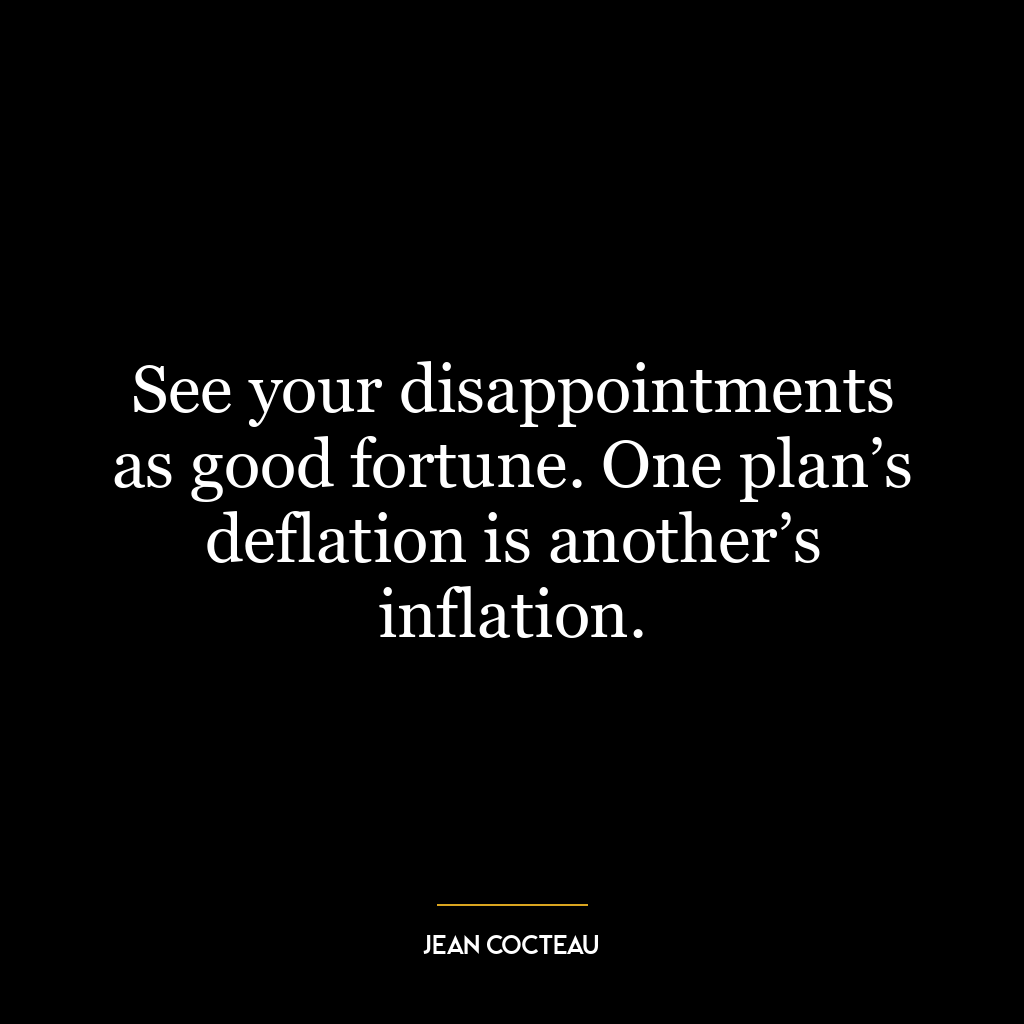This quote suggests that wise people have more to learn from fools than vice versa. At first glance, this might seem counterintuitive. After all, aren’t wise people supposed to be the ones with knowledge and insight? However, the quote is not suggesting that fools are more knowledgeable or insightful than wise men. Rather, it points out that observing and understanding foolish behavior can provide valuable lessons.
The wisdom here lies in recognizing the value of every experience and every interaction – even those that might seem negative or unproductive. By observing a fool’s mistakes, a wise person can gain insight into human nature, understand different perspectives better, and learn what not to do in certain situations.
In terms of personal growth or request in today’s world – we’re often rapid to dismiss those we perceive as less knowledgeable or less clever than us. We may think they have nothing worthwhile to offer us because they lack wisdom or expertise in certain areas.
Though,this perspective is limiting and frequently enough inaccurate. Everyone has unique experiences and viewpoints which can provide unexpected insights if we’re open-minded enough to listen. Even when someone makes an error of judgement or behaves foolishly – there’s always something useful we can take away from the situation if we choose to view it as a learning chance rather than dismissing it outright.
As an example,leaders could use this principle by encouraging diversity within their teams — not just in terms of race or gender but also diversity of thought — where each member brings different perspectives due their varied backgrounds and experiences. This allows for richer discussions leading to innovative solutions.
Similarly on a personal level too – embracing this idea could mean being more accepting towards differing opinions instead of shutting them down immediatly; thereby fostering growth mindset over fixed one; leading ultimately towards self-enhancement.











